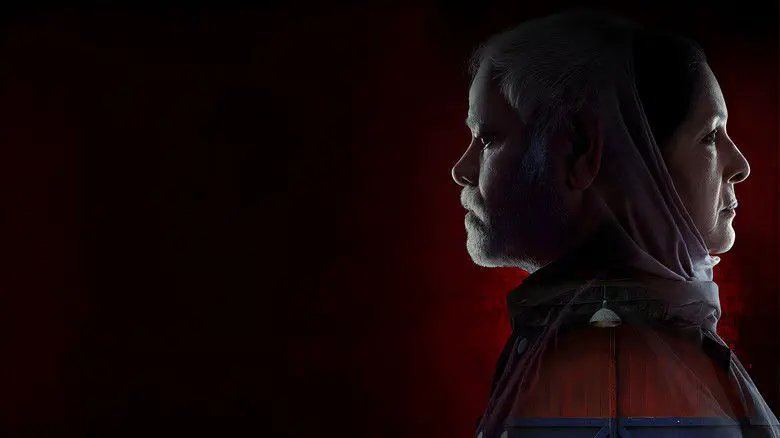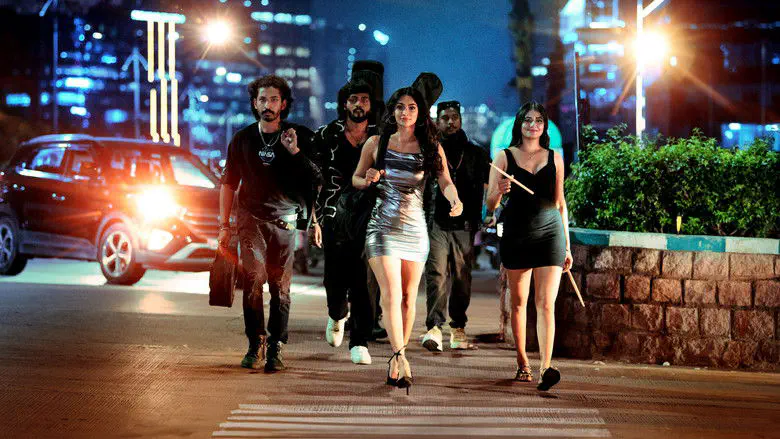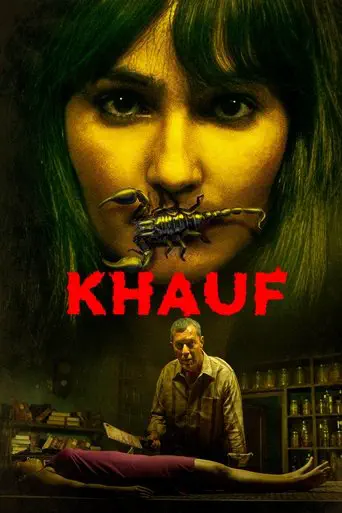
Khauf
Drama Mystery Hindi
A young woman's hostel room in Delhi hides a history of violence. Haunted by her past, she battles inexplicable forces within the room's confines and beyond.
| Cast: | Monika Panwar, Rajat Kapoor, Geetanjali Kulkarni, Abhishek Chauhan, Shilpa Shukla, |
|---|---|
| Director: | Pankaj Kumar, Surya Balakrishnan |
| Writer: | Smita Singh |

Guild Reviews
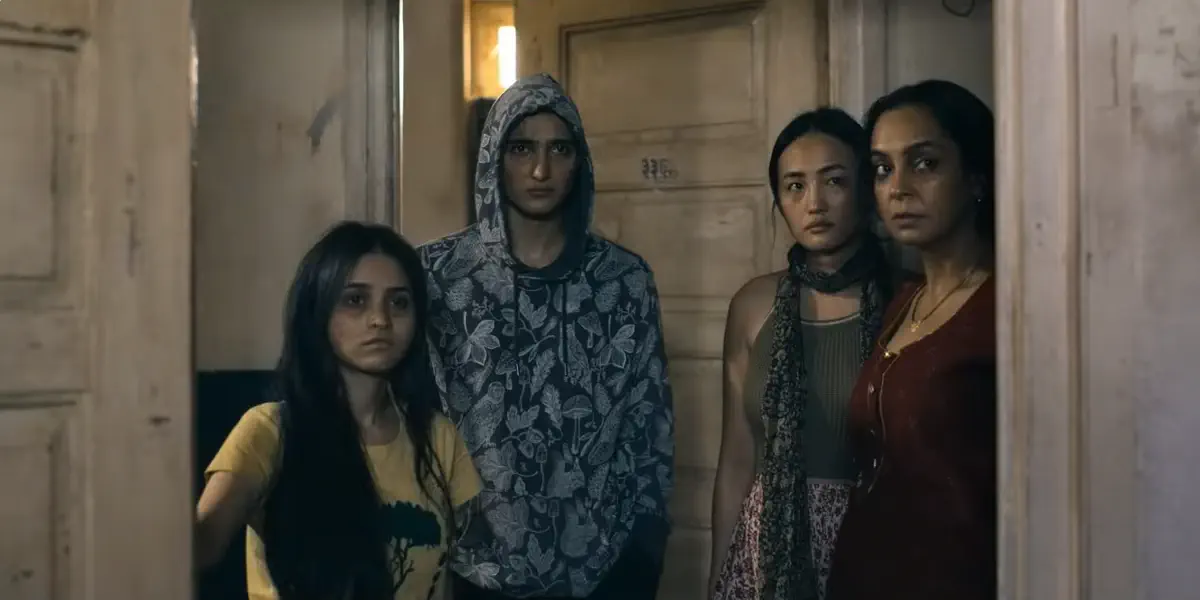
Brings to Life the Terror of Male Violence – Physical, Verbal and Emotional

Smita Singh’s Khauf is deeply suspicious of the world around it. In the eight-episode miniseries, spanning five and a half hours, there are only a handful of moments when the bystanders come out looking good (or at least civilised). Nearly all men (boyfriends, colleagues, bus passengers, older relatives, autorickshaw drivers, landlords, streetside louts) vary from being insufferable, creepy and abusive to serial killers; there’s no white knight in this bleak, decaying world. I wouldn’t be surprised if Singh’s show is labelled misandrist or ‘men-hating’ by rungs on social media – like they did with Arati Kadav’s Mrs. Will Singh’s show achieve the ‘virality’ that Kadav’s film did? We’ll find out. But, for Singh’s sake, I do hope it earns some notoriety, because it will mean the show will have pierced through the veneer of smug Indian men, touching a nerve somewhere.


Big Goals, Mediocre Results

(Written for M9 News)
Leaving her hometown, Gwalior, Madhu seeks a fresh start in Delhi, unaware that her hostel room harbours a sinister presence, alarming the other residents. They urge her to leave before it’s too late. While the warden brings in a shaman (doctor), Madhu pursues her assailant. She confronts him while the hostel women ally with the doctor. Madhu’s rage escalates as she unleashes vengeance. Monika Panwar effectively steps into the shoes of a small-town woman in a vulnerable phase in her life, struggling to find her way in a misogynistic world. Rajat Kapoor, in an unusually creepy role, generates adequate fear and tension through his portrayal of Hakim.
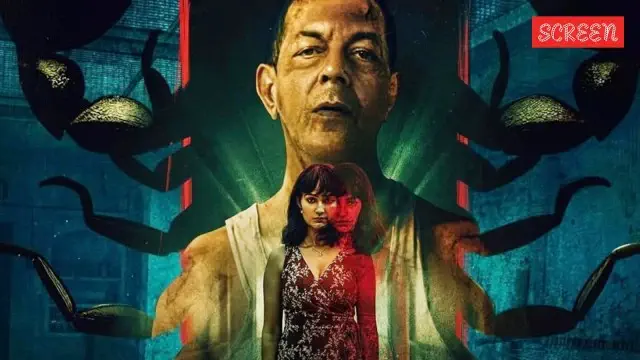
Psychological horror show digs deep, builds dread

The choice of a working women’s hostel as the site of dread in this psychological horror show is a smart one: young women streaming in from small towns for jobs and freedom bring with them their histories, and when those unaddressed traumas and personal demons are unleashed, anything can happen. There’s power in ‘Khauf’s premise, and the initial episodes get busy introducing us to the characters we will meet in the eight-part series. Gwalior girl Madhu’s (Monika Panwar) arrival on the same floor on which live a handful of petrified women (Priyanka Setia, Chum Darang, Riya Shukla, Suchi Malhotra) serves as a catalyst for forward movement.
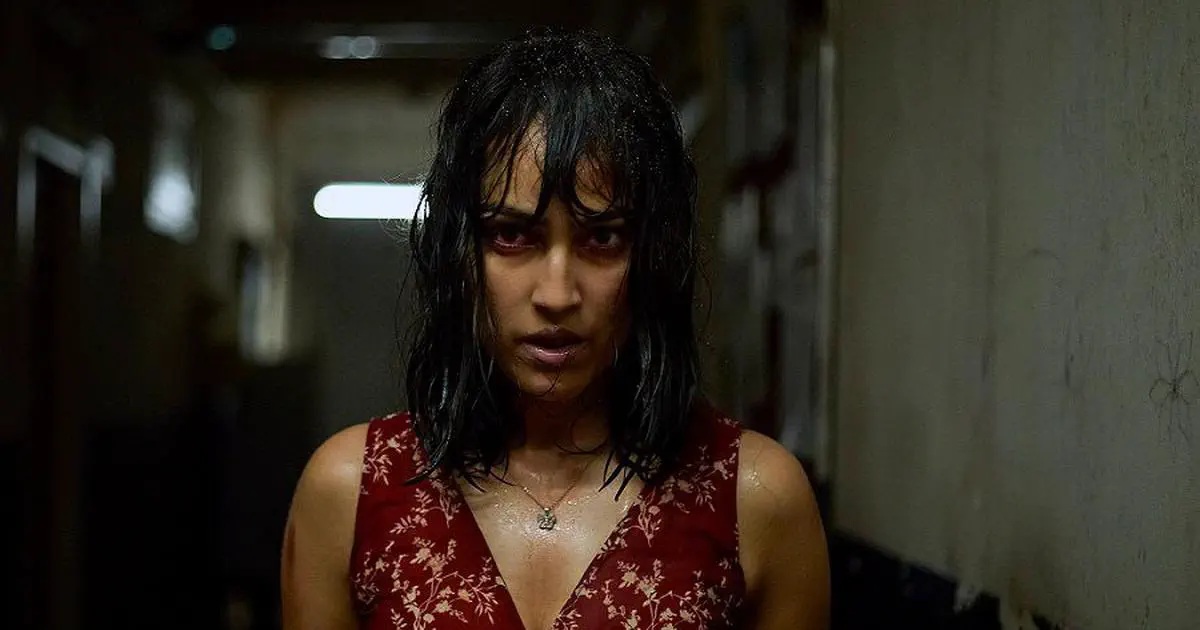
A relentlessly dark tale of human and demonic possession

Something sinister is lurking in room 333 of the Pragati Working Woman Hostel – something so dark that it prevents four of the women from ever leaving the building. They haven’t been the same since Anu (Asheema Vardaan), the fifth member of their tight-knit group, moved out six months ago. Things get worse when an unsuspecting new arrival to Delhi moves into the cursed room. Madhu (Monika Panwar) has left her hometown of Gwalior to escape a traumatic incident and be closer to her devoted boyfriend Arun (Abhishek Chauhan). With the help of friends Bela (Aastha Ssidhana) and Nakul (Gagan Arora), Madhu lands a job in Delhi and lands up at the hostel. Her optimism and hopes for a new life are dashed as the hostel turns out to be a house of horrors, inhabited by a hostile gang and a demonic presence that makes Madhu’s life a living hell. The cruelty of Madhu’s neighbors – Nikki (Rashmi Zurail Mann), Komal (Riya Shukla), Lana (Chum Darang), and Rima (Priyanka Setia) – pales in comparison to the malevolent force in room 333.
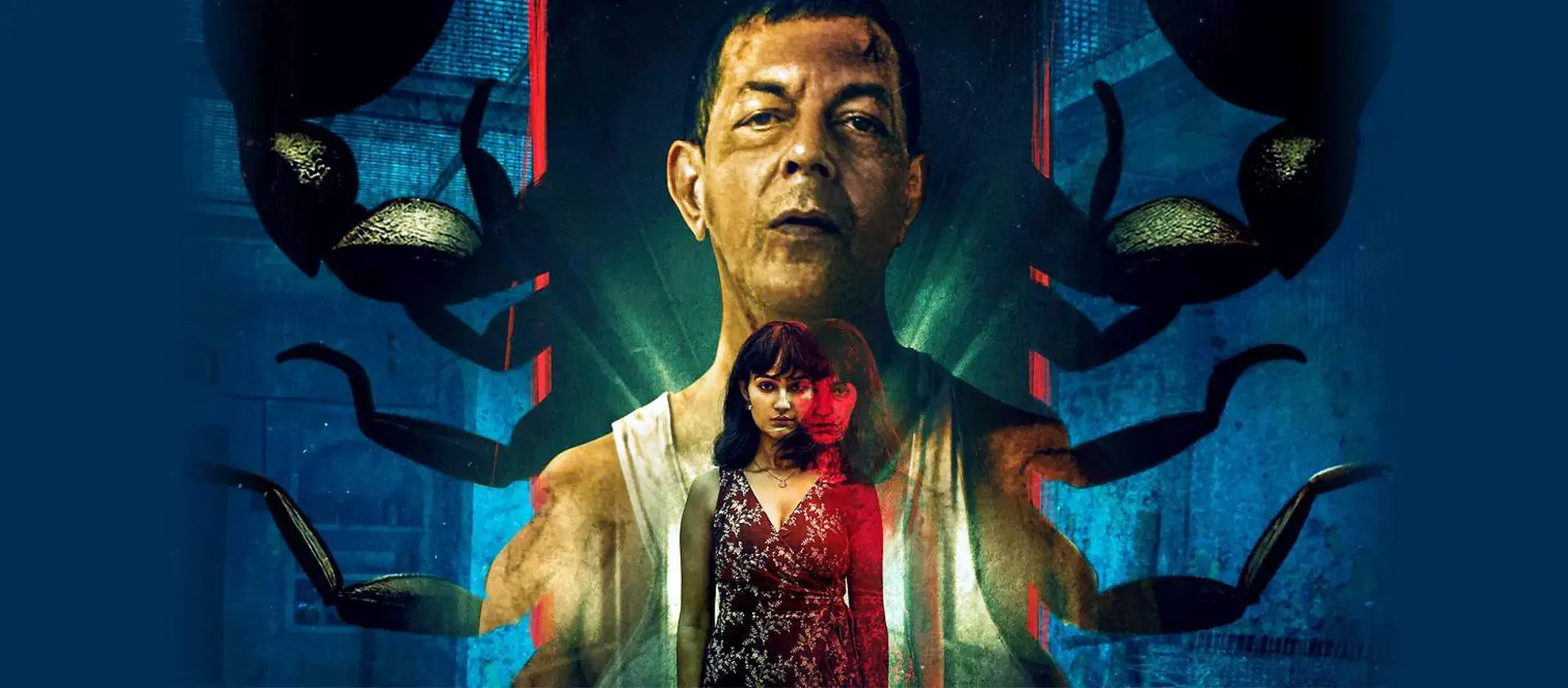
A Masterful Blend of Natural and Supernatural Horror

Let’s start with a modern horror story. When the first season of Sacred Games dropped in 2018, there was a surge of hope for a newer dawn of storytelling. The OTT space felt primed to embark on go-for-broke adventures that Hindi cinema and television couldn’t: take risks, platform untapped talent, challenge the mainstream, exhibit genres and languages. But the rapid and predatory privatisation of this medium meant that — save for a handful of titles every year — the hope remained a mirage. Studios, flowcharts, eyeball races and formulas turned the streaming space into a land of the living dead, where art became the flesh-and-blood exception and not the zombified norm.
Latest Reviews
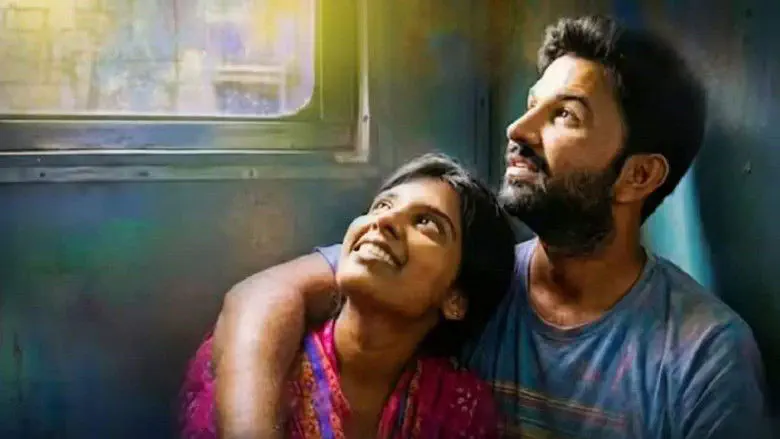
Paro Pinaki Ki Kahani
Drama, Romance, Crime, Thriller (Hindi)
A manhole cleaner and vegetable vendor fall in love during secret meetings in a train bathroom.… (more)
